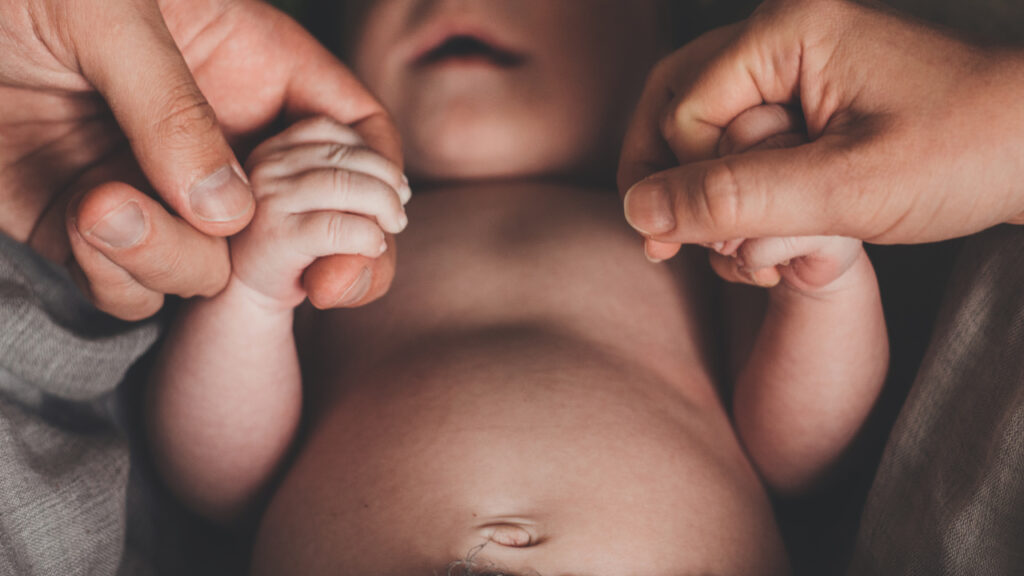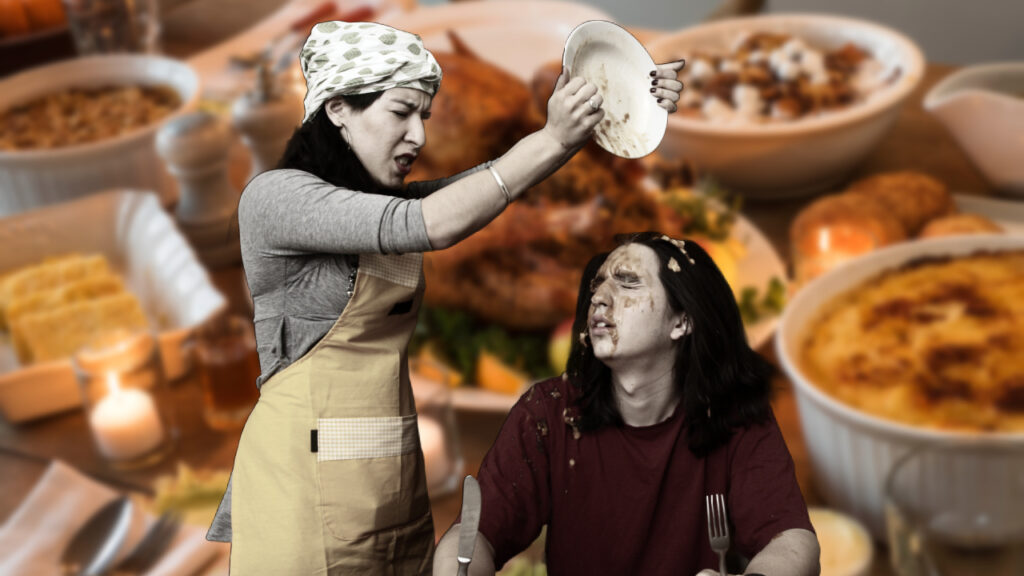
‘Who’s Gonna Take Care of You?’: TikToker Flips the Script on the Most Annoying Question for Child-free Women
The eternal debate about being child-free by choice has reached nearly every corner of the internet. TikTok is no exception. Content creator Cailen Easely has ignited conversation by addressing a common question for child-free women: who will take care of them when they’re older? Her video has resonated with users on the platform, surpassing 1.5 million views.
“Why don’t you ask men the same question?”
In her video, Easely reacted to creator Jarnay Dawson, who sparked a wave of stitched responses with a post. In her now-deleted video, Dawson asked women without kids, “What’s your plan for when you get older?”
For starters, Easely pointed out that this question is generally directed at women. Meanwhile, child-free men are rarely questioned. “Why don’t you ask men the same question?” she said. “Every time somebody is asking this question, it is always directed at women.”
She’s not mistaken.
A swift internet search will suffice to identify a pattern. Most of the information, articles, and think pieces about child-free women carry incendiary headlines or questioning tones. “What drives childless women in life?” “Being child-free has left me feeling like a freak,” and “Do You Regret Not Having Kids?” are among the first search results.
Men, on the other hand, are rarely prompted to justify themselves. Being child-free is portrayed as a personal decision to be respected and applauded. “Child-Free Male Celebs Who’ve Talked About Their Choice,” reads a headline. “These Men Have No Regrets About Not Having Kids,” says another. “Single Men Are Angry and Confused About Child-free Women” also pops up on the searches.
Even stats are gender biased
But this is not limited to forums or journalistic pieces. Most research and statistics focus only on women and childbearing.
In 2022, Cosmopolitan UK writer Alice Snape wrote in response to an Office for National Statistics [ONS] report, “And what about the men? It’s frustrating that this ONS report only focuses on women, like men aren’t involved in the starting of a family?” As she explained, the report failed to deliver corresponding data about child-free men or the average age at which men become parents. Instead, it focused on women and the trend of delay in childbearing.
Writing for Time, Lauren Sandler explained why child-free lifestyle stats mainly focused on women. “Statisticians measure a woman’s childbearing years as spanning from ages 15 to 44 — a bracket that might change as fertility protocols advance but that for now means it’s far easier to label a woman of a certain age childless than a man, who might become a first-time father at 65,” she wrote. Sandler also quoted Pamela Smock, of the Population Studies Center at the University of Michigan, who stated, that culturally and academically, “childlessness defaults to women, in all scholarship in the social sciences.”
Beyond Stats
Back to Easley’s video, the creator addressed the misguided belief that all children take care of their parents. Additionally, she explored the complexities of both raising children and caregiving.
“Why are you so focused on what somebody is going to do towards the ending of their life?” she questioned. “You completely skip over pregnancy. You completely skip over childbirth and having to raise and finance this child or children.”
Indeed, questioning who will take care of women without children fails to consider the reasons why women opt out of motherhood in the first place. Financial, health, and personal reasons might motivate them to remain child-free. Moreover, as Easley implied in her video, the constant questioning stems from a mindset that fails to acknowledge women’s free will and ability to plan for the future.
“We all know if we live long enough, we’ll need a caretaker/home,” wrote Easley in her video. “We know decades ahead of time, so why pin that on children when we can plan that individually?”
Does Having Children Mean You’ll Have a Caregiver?
Asking child-free women who will take care of them when they’re older also reduces daughters and sons to caregivers. The idea that reproduction is necessary to guarantee senior care places the burden on children without weighing in on real-life situations. As Easley mentions, there’s the possibility that children don’t want to or can’t take care of their parents.
“You should not have kids thinking that at some point in their life they’re going to owe you something,” she states.
Her message struck a chord with her audience. In the comment section, thousands of users dived further into the topic. “Expecting your children to put their entire lives aside to take care of you 24/7 when you’re old is selfish and should be called out more,” a user wrote.
“I have kids and my plan has never once been that they would take care of me,” another commented. “I have a retirement plan, and the money can be used for my care.”
Scrutinizing Women’s Choices
Easley’s TikTok video and the post she responded to showed two sides of the never-ending conversation about child-free women. Dawson’s publication reflected the broader societal pattern of scrutinizing, questioning, and criticizing women’s decisions, while Easley represented the growing number of child-free women who are tired of being constantly questioned about their choices.
Regardless of where people stand in the child-free debate, it’s important to remember that a woman’s worth is not tied to conforming to traditional motherhood roles. Questions like the one Dawson posed undermine women’s ability to decide and plan their future.
Moreover, limiting the decision to start a family to concerns such as having a caregiver in later stages of life, overlooks concerns such as financial constraints, health issues, parenthood regret, and more. It also places a burden and disproportionate expectations on children to become caregivers, failing to acknowledge the complexities of caregiving.
In conclusion, as Easley stated, “leave women who don’t want to have kids alone.” “Stop asking bull***t hypothetical questions.” And as she emphasized, “Especially when you are not asking men in the same position, the same questions.” Period.




